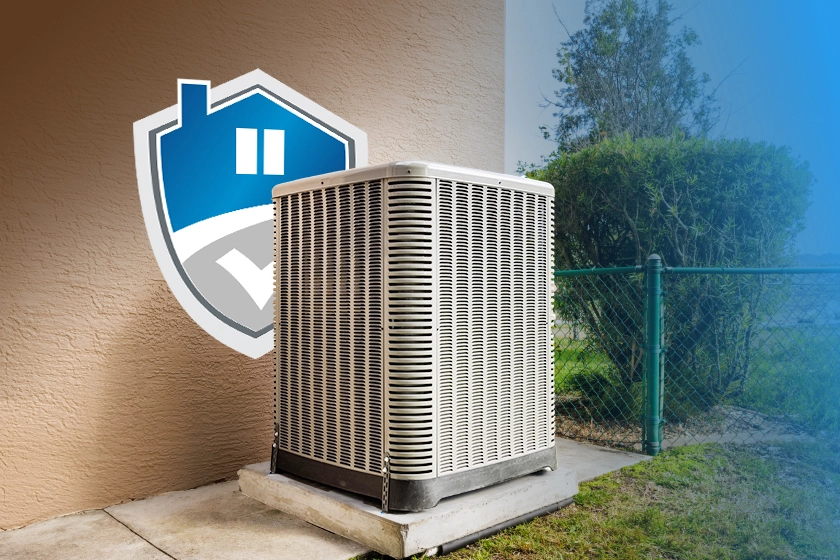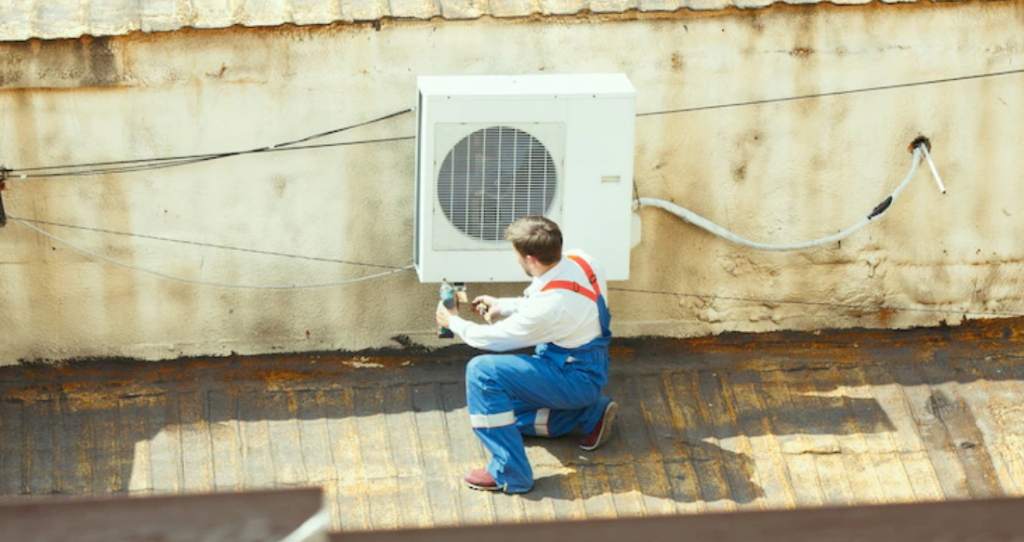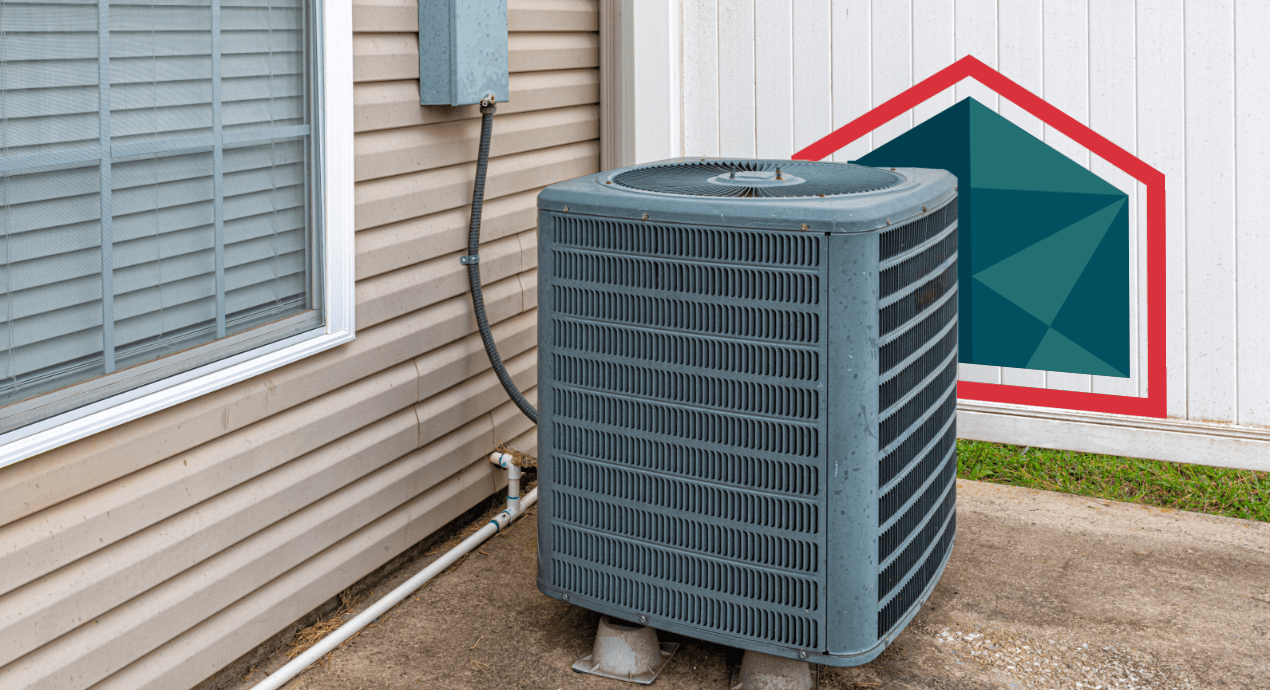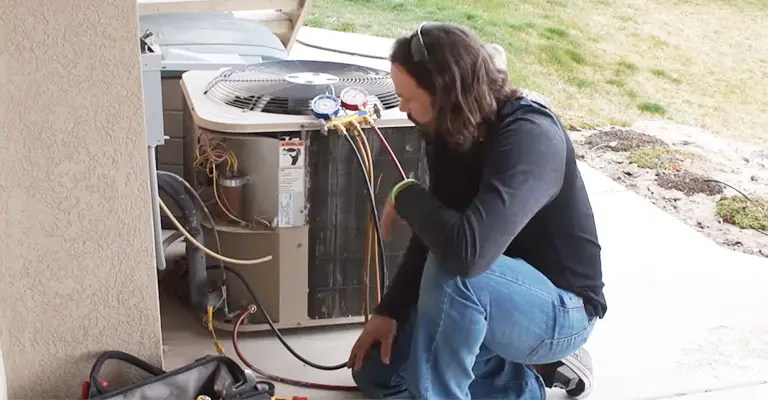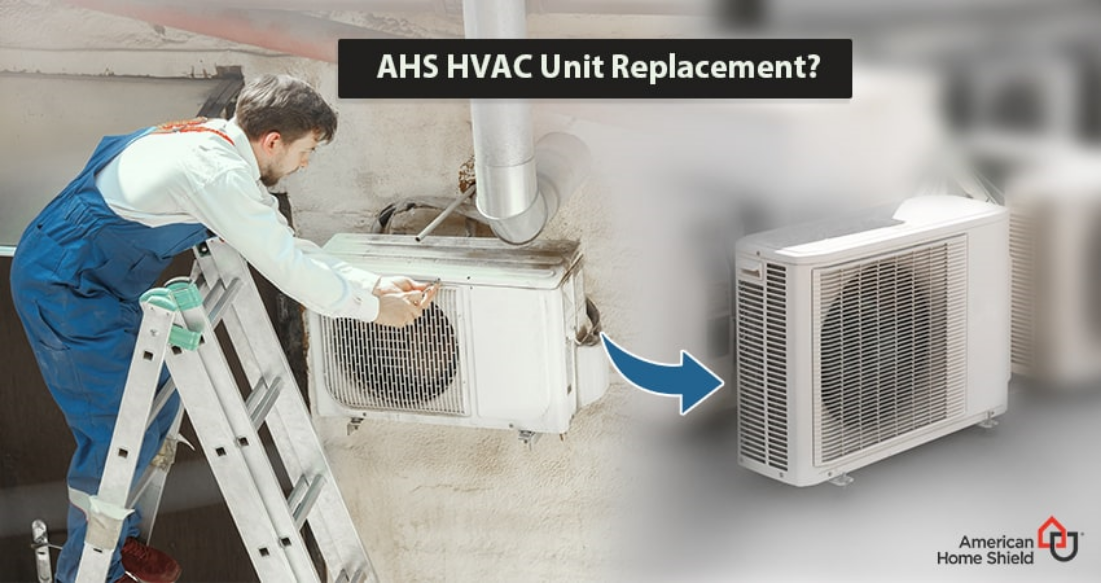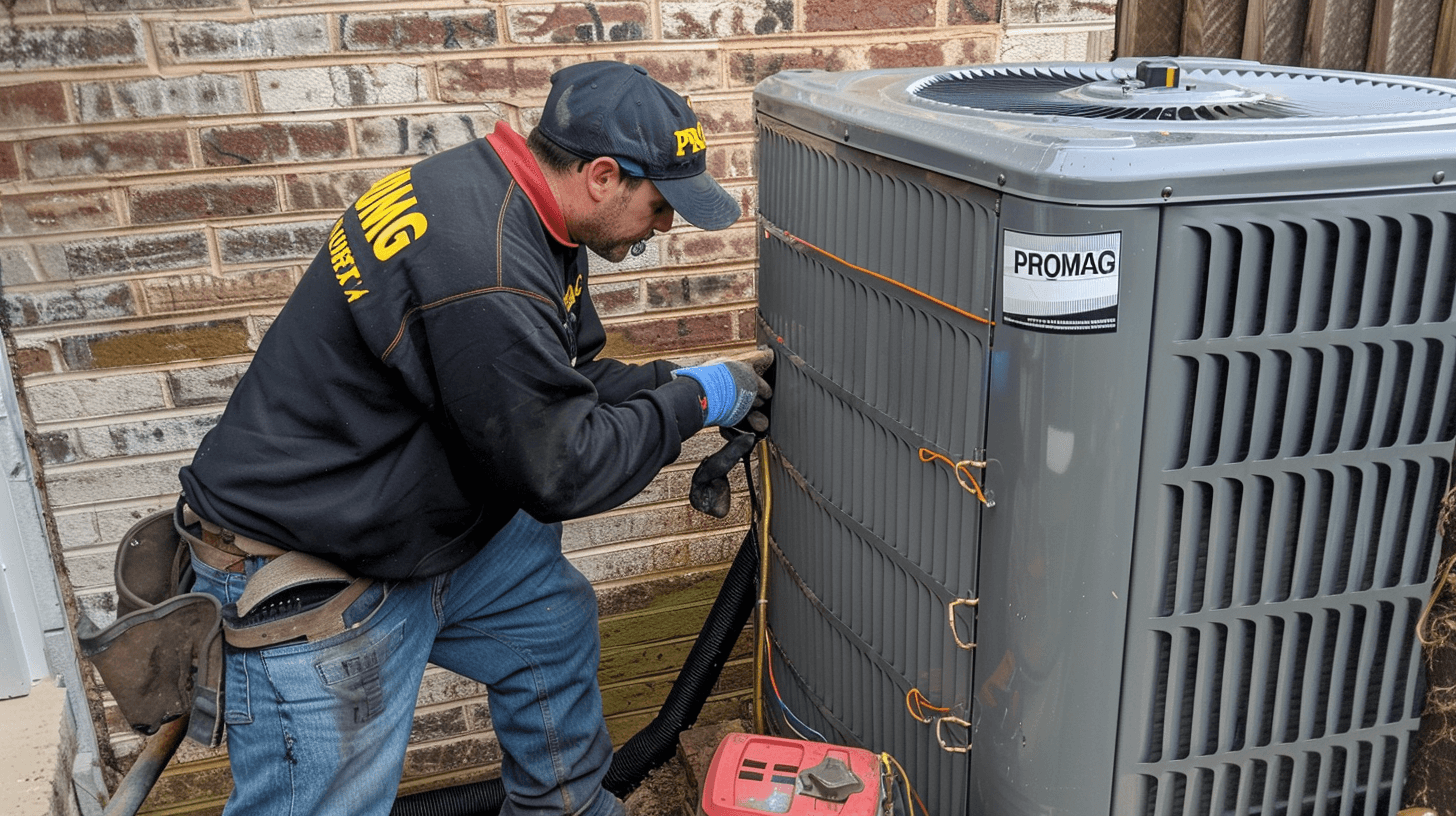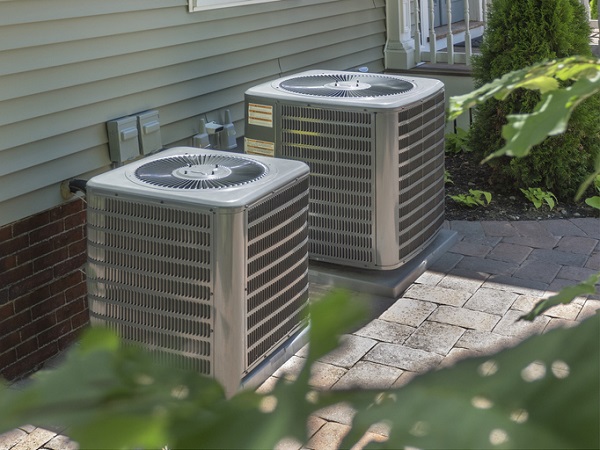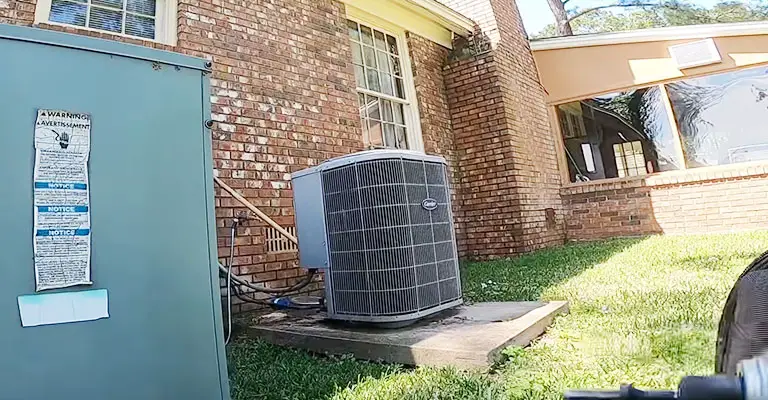Will Home Warranty Replace Ac Unit

Frequently Asked Questions: Will My Home Warranty Replace My AC Unit?
Dealing with a broken air conditioner is stressful, especially when you're unsure about coverage. Understanding your home warranty is crucial. Here are some common questions and straightforward answers about whether your home warranty will replace your AC unit.
Q: What exactly is a home warranty, and how does it differ from homeowner's insurance?
A: A home warranty is a service contract that covers the repair or replacement of many of your home's major systems and appliances, like your AC unit, plumbing, electrical system, and more. It's important to distinguish it from homeowner's insurance, which protects your home against damage from events like fire, storms, or theft. Think of it this way: homeowner's insurance covers accidents, while a home warranty covers breakdowns due to normal wear and tear.
Homeowner's insurance safeguards the structure of your home and your personal belongings from covered perils, offering financial protection against unexpected disasters. A home warranty, on the other hand, focuses on the mechanical aspects of your home, providing a safety net when appliances and systems fail due to age or regular use. It is not meant to address structural issues.
Key Differences:
- Coverage Type: Homeowner's insurance covers damage from perils; home warranties cover breakdowns from wear and tear.
- Purpose: Homeowner's insurance protects against accidents; home warranties cover systems and appliances that fail over time.
- Triggers: Homeowner's insurance is used after events like fire or storms; home warranties are used when an appliance or system stops working.
Q: Will my home warranty cover my AC unit if it breaks down?
A: The short answer is: it depends. Most standard home warranty plans offer some coverage for AC units, but there are often limitations and exclusions. The coverage typically applies to mechanical breakdowns due to normal wear and tear. However, factors like the age of the unit, pre-existing conditions, and lack of proper maintenance can affect whether your claim is approved.
To determine if your AC unit is covered, carefully review your home warranty contract. Pay close attention to:
- Covered Items: Check the list of covered appliances and systems to confirm your AC unit is included.
- Exclusions: Look for any specific exclusions related to AC units, such as units older than a certain age, units with pre-existing conditions, or units that haven't been properly maintained.
- Coverage Limits: Be aware of any dollar limits on how much the warranty company will pay for repair or replacement.
- Deductibles/Service Fees: Understand how much you'll have to pay out-of-pocket for each service call.
Furthermore, it's essential to understand that home warranties usually do not cover:
- Pre-existing conditions: If your AC unit had a problem before you purchased the warranty, it likely won't be covered.
- Cosmetic issues: Home warranties typically cover functional breakdowns, not cosmetic damage.
- Improper installation or modification: If your AC unit was installed incorrectly or modified without professional assistance, coverage may be denied.
- Acts of God: Damage caused by natural disasters (e.g., floods, earthquakes) is usually not covered.
Q: What are the common reasons why an AC replacement claim might be denied by a home warranty company?
A: Home warranty companies often deny claims for various reasons. Some of the most common include:
- Pre-Existing Conditions: As mentioned earlier, if the AC unit had a known issue before the warranty was purchased, the claim will likely be denied. Home warranty companies often require inspections or have clauses that exclude pre-existing problems.
- Lack of Maintenance: Home warranties typically require homeowners to properly maintain their appliances and systems. If you haven't been regularly servicing your AC unit (e.g., changing filters, cleaning coils), the warranty company may deny the claim, arguing that the breakdown was due to negligence.
- Age of the Unit: Many home warranty plans have age restrictions on covered appliances. If your AC unit is older than a certain age (e.g., 10-15 years), it may not be eligible for replacement.
- Improper Installation or Repairs: If the AC unit was initially installed incorrectly or if previous repairs were done by unqualified individuals, the warranty company might deny the claim. They often require proof of professional installation and maintenance.
- Cosmetic Damage: Home warranties cover functional failures, not cosmetic flaws. Scratches, dents, or other superficial damage won't be covered.
- Coverage Limits Exceeded: Your home warranty plan may have a maximum payout limit for AC unit repairs or replacements. If the cost of the repair exceeds this limit, the claim may be partially or fully denied.
- Excluded Components: Some home warranty plans exclude specific AC components, such as the refrigerant or certain types of compressors.
Q: What steps should I take if my AC unit breaks down and I want to file a claim with my home warranty company?
A: Here's a step-by-step guide on how to file a claim with your home warranty company:
- Review Your Home Warranty Contract: Before contacting the warranty company, carefully review your contract to understand your coverage, exclusions, and claim procedures. Note any specific requirements or limitations.
- Contact Your Home Warranty Company: Call the customer service number listed in your warranty contract or visit their website to file a claim. Be prepared to provide your policy number, details about the AC unit, and a description of the problem.
- Pay the Service Fee/Deductible: Most home warranty plans require you to pay a service fee or deductible when you file a claim. This fee is typically a fixed amount that you'll need to pay to the service technician when they arrive.
- Allow the Warranty Company to Assign a Technician: The home warranty company will typically assign a service technician from their network to diagnose the problem with your AC unit. You usually can't choose your own technician unless explicitly permitted by your policy.
- Cooperate with the Technician: Be present when the technician arrives and provide them with any information they need to diagnose the problem. Answer their questions honestly and provide access to the AC unit.
- Review the Technician's Diagnosis: After diagnosing the problem, the technician will submit a report to the home warranty company. Review this report carefully to ensure it accurately reflects the issue with your AC unit.
- Await Approval from the Warranty Company: The home warranty company will review the technician's report and determine whether the repair or replacement is covered under your policy. This process can take a few days.
- Approve or Dispute the Claim Decision: If the claim is approved, the warranty company will authorize the repair or replacement. If the claim is denied, you have the right to dispute the decision. You can provide additional information or documentation to support your claim.
- Follow Up: Stay in contact with the warranty company and the service technician to ensure the repair or replacement is completed promptly. Keep records of all communication and documentation related to the claim.
Q: What if my claim is denied? What are my options for appealing the decision?
A: If your AC replacement claim is denied, don't automatically give up. You have options to appeal the decision. Here's a breakdown of the steps you can take:
- Understand the Reason for Denial: The first step is to thoroughly understand why your claim was denied. The warranty company should provide you with a written explanation outlining the specific reason for the denial. Read it carefully and identify any points you can address.
- Gather Supporting Documentation: Collect any documents that support your claim and contradict the reason for denial. This might include:
- Maintenance Records: Proof that you've regularly maintained your AC unit (e.g., receipts for filter changes, service inspections).
- Independent Inspection: Obtain a second opinion from a licensed HVAC technician. Their report can provide an unbiased assessment of the problem and its cause.
- Original Purchase Documentation: Documentation related to when the unit was purchased and installed.
- Photos or Videos: Visual evidence of the AC unit's condition or the problem itself.
- Write a Formal Appeal Letter: Compose a well-written appeal letter to the home warranty company. Clearly state the reason for your appeal, referencing specific clauses in your warranty contract that support your claim. Attach all supporting documentation to your letter.
- Contact the Warranty Company's Appeals Department: Many home warranty companies have a dedicated appeals department. Contact them to inquire about the appeals process and any specific requirements for submitting an appeal.
- Escalate the Issue: If your appeal is denied, you can escalate the issue to a higher level within the company. Ask to speak with a supervisor or manager to review your case.
- File a Complaint with the Better Business Bureau (BBB): If you're unable to resolve the issue with the warranty company directly, consider filing a complaint with the BBB. The BBB can help mediate the dispute and may be able to reach a resolution.
- Consult with an Attorney: As a last resort, if you believe the warranty company has acted in bad faith, you may want to consult with an attorney specializing in consumer protection or contract law. They can advise you on your legal options.
Q: What are some important things to look for when choosing a home warranty plan that offers good AC coverage?
A: Choosing the right home warranty plan with adequate AC coverage requires careful consideration. Here are some key factors to look for:
- Comprehensive AC Coverage: Ensure the plan specifically lists AC units as a covered item and covers a wide range of potential AC issues, including compressor failure, refrigerant leaks, and fan motor problems.
- Age Restrictions: Check if the plan has any age restrictions on AC units. If your AC unit is older, choose a plan that covers older units or has no age limitations.
- Coverage Limits: Pay attention to the coverage limits for AC repairs or replacements. Make sure the limits are high enough to cover the potential cost of replacing your AC unit.
- Exclusions: Carefully review the list of exclusions to identify any limitations in coverage. Avoid plans with exclusions that are likely to affect your AC unit, such as exclusions for pre-existing conditions, lack of maintenance, or specific AC components.
- Service Fees/Deductibles: Compare the service fees or deductibles for different plans. Choose a plan with a reasonable service fee that fits your budget.
- Reputation and Reviews: Research the home warranty company's reputation and read online reviews from other customers. Look for companies with a history of providing good customer service and honoring their claims.
- Technician Network: Inquire about the company's network of service technicians. Choose a company with a large and reliable network of qualified HVAC technicians.
- Cancellation Policy: Understand the company's cancellation policy in case you're not satisfied with the service.
- Read the Fine Print: Carefully read the entire contract, including the fine print, to fully understand the terms and conditions of the warranty.
- Compare Quotes: Get quotes from multiple home warranty companies to compare coverage, pricing, and terms. Don't just focus on the price; consider the overall value and reliability of the plan.
By taking these steps, you can increase your chances of choosing a home warranty plan that provides adequate coverage for your AC unit and protects you from unexpected repair or replacement costs.
Q: Are there any alternatives to relying solely on a home warranty for AC repair or replacement?
A: Absolutely. While a home warranty can provide a safety net, exploring alternative strategies can give you more control and potentially save money in the long run.
- Homeowner's Insurance Policy (in certain instances): Though homeowner's insurance primarily covers damage from perils like fire and storms, certain policies might offer coverage for AC units damaged by covered events. Review your policy carefully to see if any clauses apply to your situation. This is usually only applicable if the AC damage stems from a covered peril.
- HVAC Service Agreements: Consider purchasing a service agreement from a local HVAC company. These agreements typically include regular maintenance, priority service, and discounted repair rates. A service agreement can help prevent breakdowns and extend the lifespan of your AC unit.
- Emergency Fund: Set aside an emergency fund specifically for home repairs, including AC issues. This will give you the flexibility to pay for repairs or replacements out-of-pocket without relying on a warranty company.
- Manufacturer's Warranty: Check if your AC unit is still under the manufacturer's warranty. The manufacturer's warranty typically covers defects in materials or workmanship for a specific period of time.
- Credit Card Rewards Programs: Some credit cards offer rewards programs that can be used to cover the cost of AC repairs or replacements. You might be able to earn cashback, points, or miles that can offset the expense.
- Energy Efficiency Rebates: Replacing an old, inefficient AC unit with a new, energy-efficient model can qualify you for rebates from your utility company or government programs. This can help reduce the upfront cost of replacement.
- DIY Repairs (with caution): For minor AC issues, you might be able to perform DIY repairs if you have the necessary skills and knowledge. However, be cautious and avoid attempting repairs that are beyond your capabilities, as this could void your warranty or cause further damage. Always prioritize safety and consult with a professional if needed.
By exploring these alternatives, you can create a comprehensive strategy for managing AC repair and replacement costs, rather than relying solely on a home warranty. This approach can give you more control, flexibility, and potentially save you money in the long run.
